Jacket and skirt for four years: Mykolaiv regional council to appeal to Education Ministry to revise standards for orphans and special schools
- News of Mykolaiv
-
•
-

- Alina Kvitko
-
•
-
14:14, 07 April, 2025
The Mykolaiv Regional Council is planning to appeal to the Ministry of Education to revise the nutritional and material support standards for orphans and specialised boarding schools.
This became known on 4 April, at a meeting of the Standing Committee on Science and Education, Innovation, Youth, Family and Sports, Culture and Spirituality of the Regional Council, NikVesti writes.
Regional council deputy Nataliia Ternavska from the party «For the Future» drew attention to nutritional standards that limit the amount of salt, bread and other products for children, which, in her opinion, is unacceptable.
«The issue of nutritional standards, in particular, the amount of salt, bread and other products, is generally unacceptable. According to these standards, children do not actually receive proper nutrition. What has been done to solve this problem?» said Natalia Ternavska.
Nataliia Khoronzhuk, headmistress of Voznesensk Special School, confirmed that the existing standards do not meet modern conditions. It's not just about food, but also about clothes — for example, one jacket and skirt are designed for four years.
«I have already raised this issue at the last meeting. If the regional council makes the appropriate decision, we will be able to appeal to the Verkhovna Rada to amend the legislation governing children's nutrition, as well as to review other regulations that do not meet the standards today. For example, this includes the Ministry's order approving the standards of material and financial support for orphans and children deprived of communication, and one skirt for three years and one jacket for four years. Of course, these are outdated standards. Similarly, Cabinet of Ministers Resolution №305 on the approval of norms and procedures for organising meals in educational institutions, where the norms of salt, sugar and bread do not correspond to common sense at all,» said Natalia Khoronzhuk.
Denis Andreiev, Deputy Chairman of the Regional Council, called on the Department of Education to prepare an official appeal to the council with a list of regulations that should be revised.
«I appeal to the representative of the Department of Education: prepare an official letter to the regional council, and we will support this issue. After that, we will turn to the Ministry of Education to review these regulations. There is an initiative on the part of educational institutions, and from a legal point of view, we can help where the standards do not meet the real needs of today,» said Denis Andreiev.
The Commission supported this proposal and agreed to submit the necessary documents for the application in the near future.
Scandal in the reorganised Children's Home in Mykolaiv
On 3 March, it became known that the monitoring group of the Ombudsman's Office, together with NGOs, had inspected children's educational institutions in Mykolaiv region and found gross violations of children's rights. The children were fixed with belts to chairs and strollers, and a six-month-old baby suffered swelling from «tying». In other institutions, children were given expired medicines, did not receive medical care and had limited access to basic services.
On the same day, Inna Miroshnychenko, an orphan rights activist and lawyer who is a member of the Ombudsman's Monitoring Group, showed the conditions in which children live in the reorganised Centre for Medical Rehabilitation and Palliative Care in Mykolaiv (Regional Children's Home). She actually showed the children tied to chairs, who are not allowed to go for walks and are forced to spend time watching TV.
The human rights activist said that according to the conditions, 89 staff members are supposed to take care of the children. However, as it turned out from the data of the Ombudsman's Office monitoring group, only two employees were looking after the children. She called the conditions in which the children were kept inhumane.
It should be noted that in April 2024, the Centre for Medical Rehabilitation and Palliative Care was merged with the Mykolaiv Regional Children's Hospital. At the time, this decision was explained by the need to «protect the institution from a lack of funding.
We would also like to remind you that this is not the first scandalous case involving the Mykolaiv Oblast Children's Hospital. Back in July 2023, President of Ukraine Volodymyr Zelenskyy said that the hospital was in poor condition during his visit to Mykolaiv.
In one of the wards, Volodymyr Zelenskyy noted that the room was not adapted for a comfortable stay. In particular, there were no curtain rods, curtains, or air conditioning.
In a commentary to NikVesti, the deputy head of the Mykolaiv regional military administration, Yurii Hranaturov, said that the commission formed by the regional healthcare department had re-checked the situation with the shelter and determined that the basement of the centre was not technically possible to arrange a shelter due to natural conditions.
In addition, on 13 February, it became known that a private boarding house «House of Care» in Mykolaiv was violating human rights. Older people were forced to take psychotropic drugs and were kept in unsanitary conditions.
At that time, the Office of the Ukrainian Parliament Commissioner for Human Rights in Mykolaiv region reported that the staff of the nursing home forced the residents to take psychotropic medications to calm them down. The staff did not provide prescriptions or doctor's orders for the purchase of these medications. They also added that none of the staff had a medical degree.
Subsequently, the Ombudsman's Office conducted a monitoring visit to a private retirement home for the elderly «House of Care» in Mykolaiv, where a number of violations were found: unsanitary conditions, spilled cockroach and mouse poison, and expired medicines.
Violations of children's rights in special schools in Mykolaiv region
As you know, Inna Miroshnychenko, a member of the Ombudsman's Office monitoring group and human rights activist, shared photos of a public inspection of the Lysa Hora Special School in Mykolaiv region. It should be noted that the institution was one of those inspected by the Ombudsman's Office monitoring group. According to the lawyer, there are currently 156 children in the institution, and 98 staff members are supposed to take care of them.
In addition to the Lysa Hora special school, the monitoring group found violations in a number of institutions. For example, it turned out that children who were evacuated to the Antonivka Art Lyceum in Mykolaiv region were not allowed to enter the protective structures, they were forced to stay in the assembly hall, while only students of the institution used the shelters.
It should be recalled that deputies of the Mykolaiv Regional Council were going to check the situation at the Antonivka Art Lyceum in Mykolaiv region (formerly the Antonivka boarding school) in December last year , but this never happened, and the monitoring group of the Office of the Human Rights Ombudsman arrived there from Kyiv earlier.
At the same time, the director of the Antonivka Art Lyceum in Mykolaiv region denied the statement of the Ombudsman's monitoring group that evacuated children were not allowed to go to the shelter. She noted that there had never been any talk of banning the centre's pupils from entering the shelter.
At the same time, the head of the Department of Education, Alla Velikhovska, noted that it was not known who exactly was interviewed by the monitoring group and who specifically did not go down to the shelter. But after the regional council's checks, all children now go to the shelter.
In addition, the Ombudsman's Office monitoring team found a number of violations at the Voznesensk Special School in Mykolaiv region, ranging from cramped bedrooms to the absence of a toilet door.
According to the school's director, Nataliia Khoronzhuk, the main observations of the monitoring group concerned violations of housing standards, lack of privacy in bathrooms and the absence of a full-fledged sports ground for leisure. They also mentioned problems with the preparation of individual social protection plans for children.

Implemented with the support of the Association of Independent Regional Publishers of Ukraine and Amediastiftelsen as part of the Regional Media Support Hub project. The views expressed by the authors do not necessarily reflect the official position of the partners
Recent news about: Education


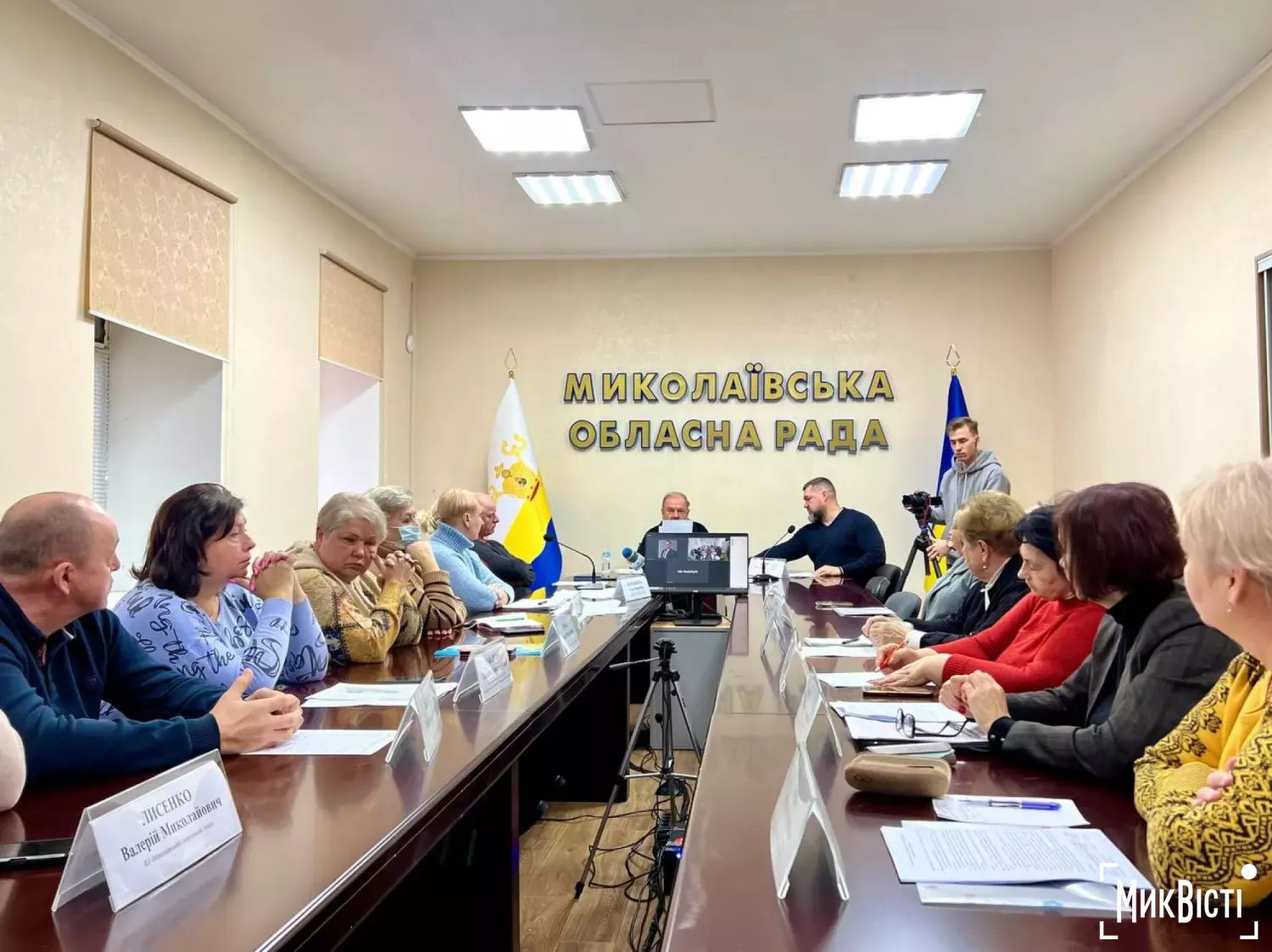
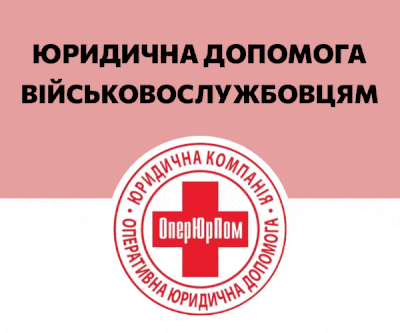
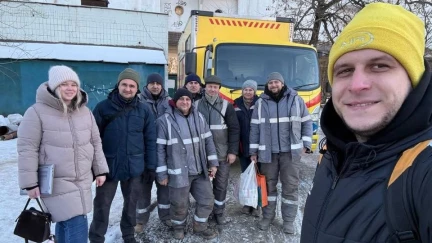

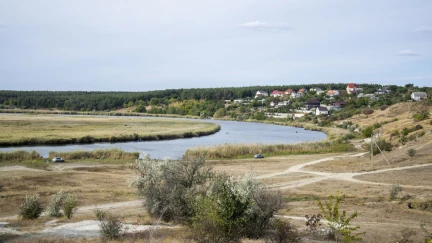

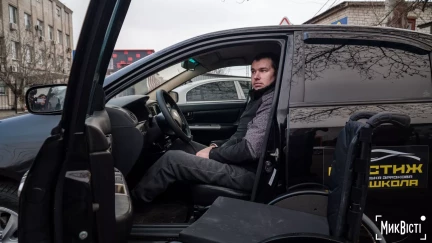

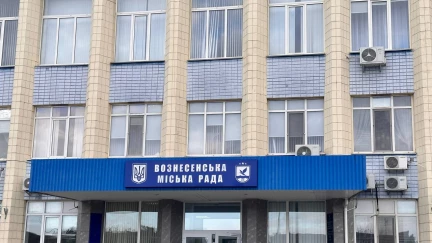
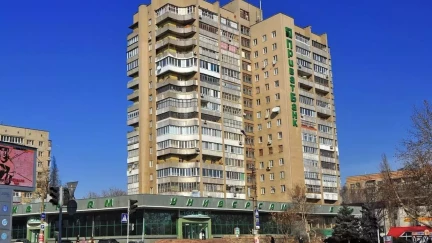

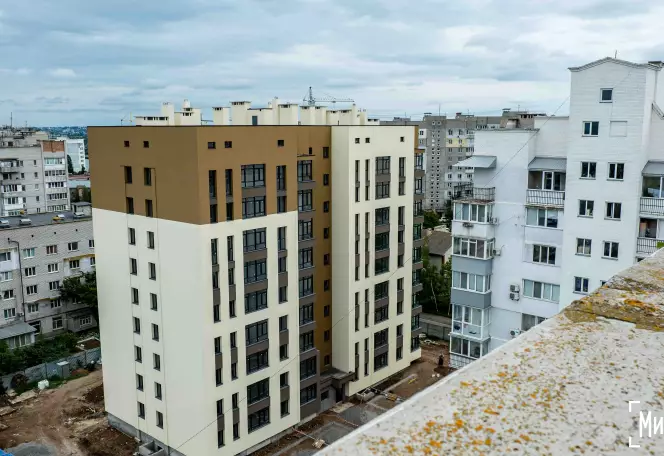
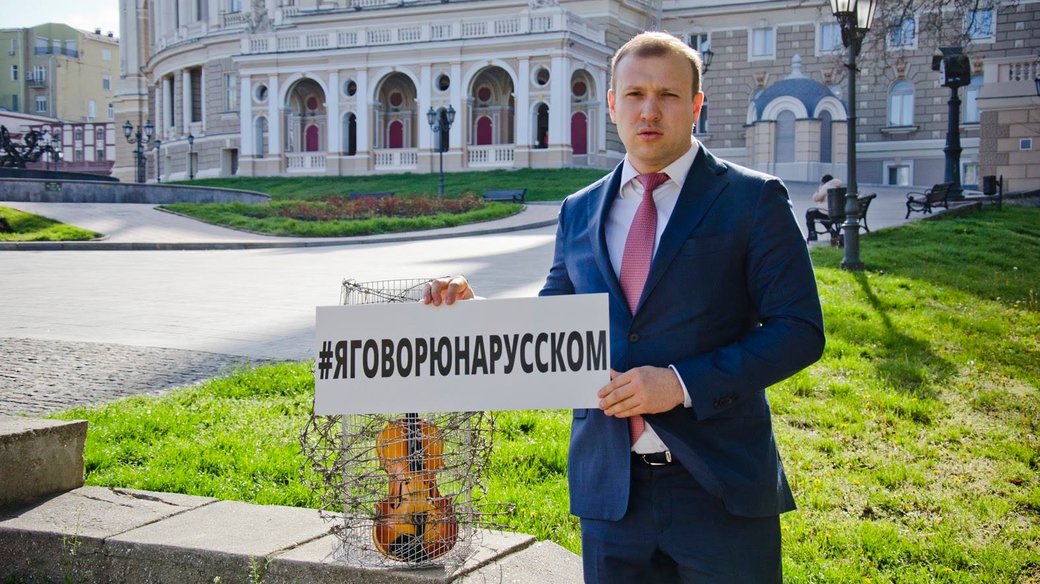
To join the conversation, please log in to the NikVesti website.